Instructions for patients to register for medical examination via smart kiosk - Photo: TP
The lobby of Building A, Quang Tri General Hospital no longer has the image of crowded patients lining up to get a number and wait their turn to see a doctor. Instead, people who need to see a doctor only need to scan their ID card into one of three smart kiosks in the reception area to register for a medical examination.
Scanning this code is not just simply getting a queue number, but all data about the patient will be transferred to the clinic, helping the doctor identify the patient before starting the examination, reducing waiting time and examination time for the patient.
Having a history of heart disease, Mr. Phung The Tuyen (born in 1956), in Vinh Giang commune, Vinh Linh district, has maintained regular check-ups at the hospital. Because of the long distance, he always has to leave home early, and when he gets to the hospital, he continues to waste time waiting for a number, waiting for his turn to be examined, given medicine...
However, since having the smart kiosk, Mr. Tuyen has saved a lot of time when going to the hospital. Under the careful guidance of medical staff, he is now able to master choosing a clinic and registering for initial procedures. “I feel very satisfied with this smart kiosk. Registration for examination becomes faster and more convenient, helping to significantly shorten the waiting time for patients like us,” said Mr. Tuyen.
The kiosk system has been put into use by Quang Tri General Hospital for more than 3 months. This is one of the activities to promote digital transformation, part of the roadmap to build a smart hospital.
The main function of the kiosk is to help patients proactively register for medical examination through the use of chip-embedded citizen identification cards; automatically link social insurance information according to citizen identification numbers; integrate facial authentication to identify users; look up medical service prices; pay hospital fees online; survey and evaluate services and some other utilities.
At the same time, using self-service kiosks also reduces pressure on medical staff, improves work efficiency and service quality, saves patient waiting time, and reduces data entry errors.
At the same time, Quang Tri General Hospital has also become one of the leading units in the health sector of the province and Binh Tri Thien region in digital transformation when successfully implementing electronic medical records. All information related to patients, including personal information, number of visits, test results, diagnostic results, electronic prescriptions... are digitized, scientifically stored at a confidential level and managed by a separate code, ensuring accuracy and safety.
This contributes to controlling the quality of medical services without incurring additional labor costs. No more piles of medical records that are too high and difficult to store, every day, Dr. Ngo The Nam, Department of Neurosurgery, Provincial General Hospital only needs to use a computer connected to the network to manage patient records on specialized software.
All necessary data of each patient such as: medical history, test results, diagnostic imaging results, disease progression. Thereby, helping doctors update full information to be able to give the most optimal treatment methods. "With patient data stored on the server, we can also learn about the patient's medical history, medical examination and treatment history to give the most appropriate prescriptions", said Dr. CKI Ngo The Nam.
With only a short time to access medical records, exploit information and give timely treatment orders, doctors and nurses have more time to examine and advise patients more thoroughly. For inpatients, electronic medical records also help the process of searching for patient information to be convenient, accurate, safe and fast.
It is known that in recent times, to deploy electronic medical records, Quang Tri General Hospital has made efforts to complete systems such as: hospital management (HIS), laboratory information management (LIS), image storage and acquisition information (PACS), electronic medical records (EMR). These systems have been connected and run synchronously.
The hospital has upgraded its information technology infrastructure, implemented digital signatures, and completed the electronic medical record process from the reception, examination and treatment stages to digital certification of patient treatment results. At the same time, it has organized many training programs to improve the capacity and information technology level of the unit's staff and doctors.
Thanks to that, up to now, nearly 100% of staff and doctors can proficiently use the modules of the electronic medical record system related to their work.
In addition, the Provincial General Hospital also actively promotes online registration for examination, results lookup, information posting via the electronic portal and cashless payment.
Talking to reporters, Director of the Provincial General Hospital, Doctor CKII Phan Xuan Nam affirmed: “Digital transformation is an inevitable trend, not only convenient for hospitals in managing, operating, reforming medical examination and treatment processes but also effectively serving in building policies and development plans of the unit in the future. In particular, electronic medical records are an important and necessary digital transformation step of the medical industry, bringing many benefits to management agencies, hospital leadership and demonstrating convenience for doctors and patients”.
Truc Phuong
Source: https://baoquangtri.vn/benh-vien-da-khoa-tinh-don-vi-dan-dau-nganh-y-te-quang-tri-trong-cong-tac-chuyen-doi-so-194598.htm


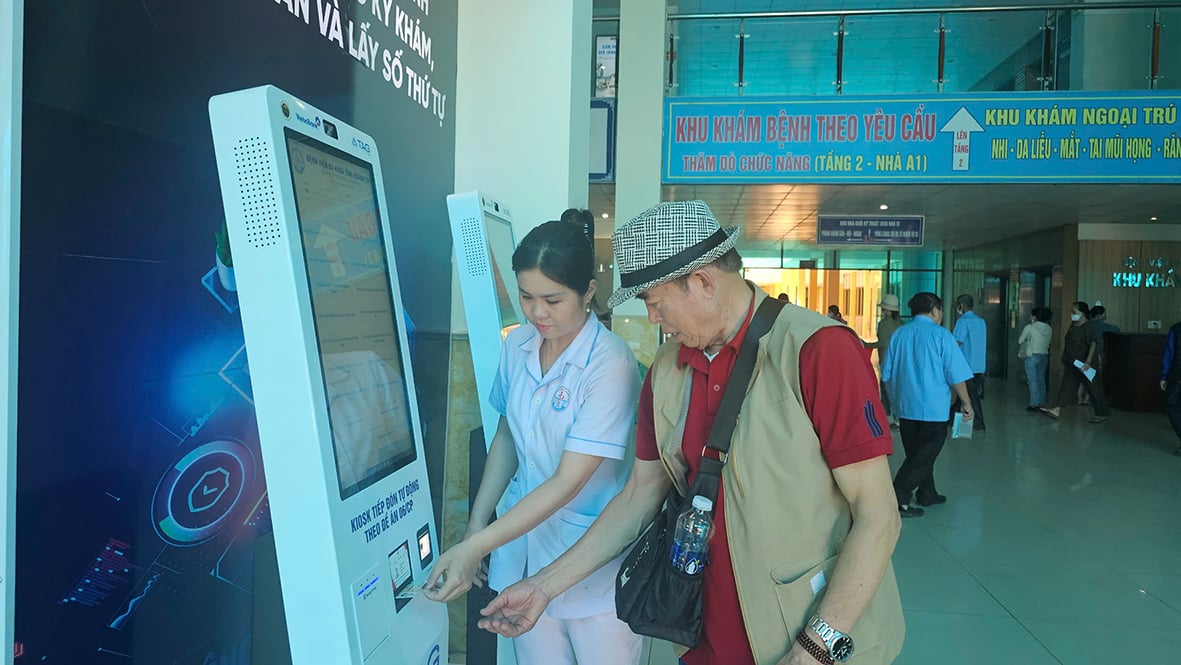




![[Photo] Cat Ba - Green island paradise](/_next/image?url=https%3A%2F%2Fvphoto.vietnam.vn%2Fthumb%2F1200x675%2Fvietnam%2Fresource%2FIMAGE%2F2025%2F12%2F04%2F1764821844074_ndo_br_1-dcbthienduongxanh638-jpg.webp&w=3840&q=75)


























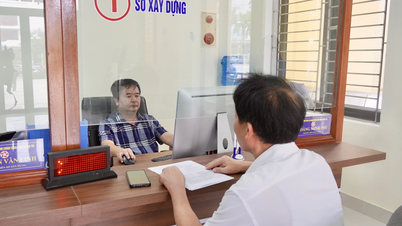


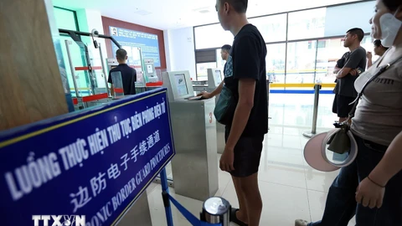
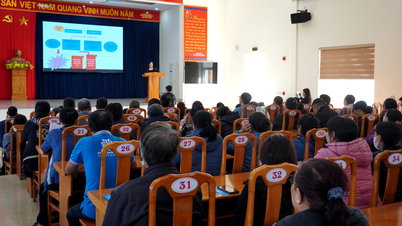


















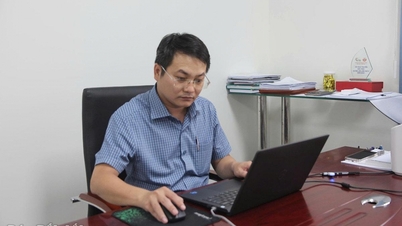





![[VIMC 40 days of lightning speed] Hai Phong Port determined to break through, reaching the target of 2 million TEUs by 2025](https://vphoto.vietnam.vn/thumb/402x226/vietnam/resource/IMAGE/2025/12/04/1764816441820_chp_4-12-25.jpeg)

























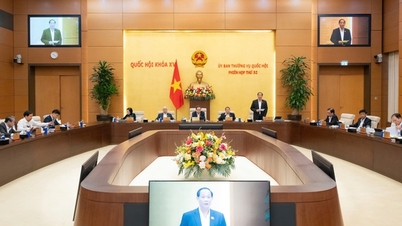























Comment (0)